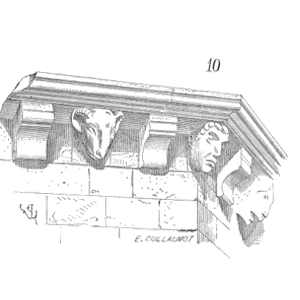
Shorter Lifespan of Newer Appliances
Abstract
Carl and Fred discuss an article from the Wall Street Journal describing how newer appliances tend to have more complexity and shorter lifespans, and what can be done to reverse the trend.
Key Points
Join Carl and Fred as they discuss the factors that influence reliability in large, complex appliances, and what conclusions can be drawn for other systems.
Topics include:
- Does low reliability correlate to more features and complexity?
- Why are simpler systems more reliable?
- What can be done to increase reliability of complex equipment?
- How much of the shorter lifespan is driven by regulations?
- What should reliability engineers do to maintain high reliability with lots of complex features?
- Ask: how long should a product last so that customers will buy the same product?
- What is cost of low reliability to customers?
- Consider the life cycle cost of products; new features may dazzle the consumer, but have a hidden cost to the environment.
- What is entire cost of products, including development, test, environmental, regulatory, energy consumption, replacement due to poor reliability, and disposal?
- What is role of reliability engineer in the life cycle of the product? How does reputation enter into this discussion?
Enjoy an episode of Speaking of Reliability. Where you can join friends as they discuss reliability topics. Join us as we discuss topics ranging from design for reliability techniques to field data analysis approaches.

Show Notes
 Ask a question or send along a comment.
Please login to view and use the contact form.
Ask a question or send along a comment.
Please login to view and use the contact form.
Leave a Reply